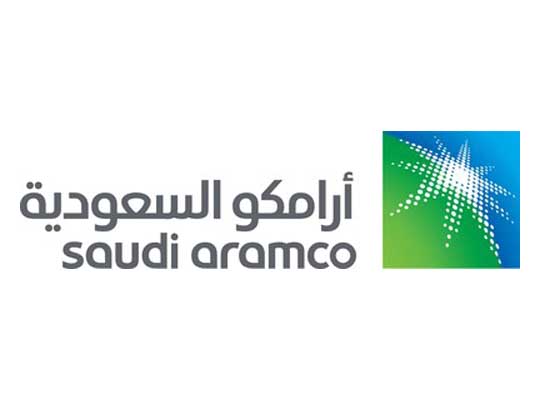Saudi Aramco has burst on the scene as the world’s most valuable company since shares were first offered to public investors just days ago.
The company is listed as worth $2.03 trillion on the Saudi stock exchange, with shares trading at around $10.13.
To put the IPO into perspective, the former most valuable global corporates were both American and steeped in technology – Apple and Microsoft.
With a market cap of around $1.2 billion each, they are worth the same as Aramco when added together.
Aramco also outstrips the combined worth of five of the largest Western oil companies, Exxon Mobil, Chevron, Total, BP and Royal Dutch Shell.
Slick operators
But the IPO is bittersweet for the Saudi royal family, who own Saudi Aramco.
The royals wanted a $2 trillion plus IPO, but Western retail and corporate investors were not quite so sure about piling into a fossil fuel economy as governments struggle to tackle the threat of climate change.
The surge in value was mainly triggered by Saudi and Middle Eastern investors to hold, as only 1.5% of the Aramco shares appear to be changing hands.
Regional investors believe Aramco has a golden future, buy analysts elsewhere are not so sure.
Aramco has undoubted profitability, posting a net income of $68 billion in the first nine months of 2019.
Operating costs are low and output higher than any other rival company.
Profit on paper
The next step for the company is inclusion on most of the world’s major share indices by virtue of the company’s market cap that eclipses all others.
Once on the indices, tracker funds are expected to swoop for stock worth up to $1 billion, which will trigger another boost in share prices.
But the worry is much of this is a profit on paper and not real value that shareholders can cash in.
The bubble may burst in a few weeks, leading to a fall in Aramco stock.
To really impress, Aramco must cover extra ground to attract money from further afield – after all the Saudis wanted to sell a 5% stake rather than $1.5%, which the market did not want. The money was due to go to infrastructure projects to push the Saudi economy away from reliance on oil and gas.
None of these goals was achieved.
